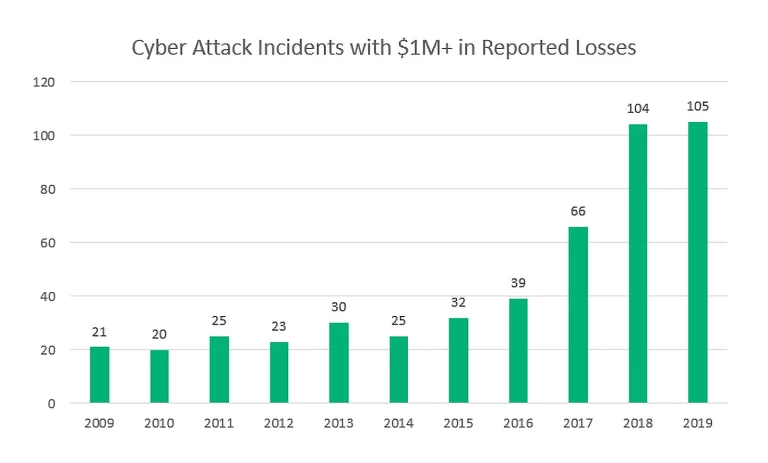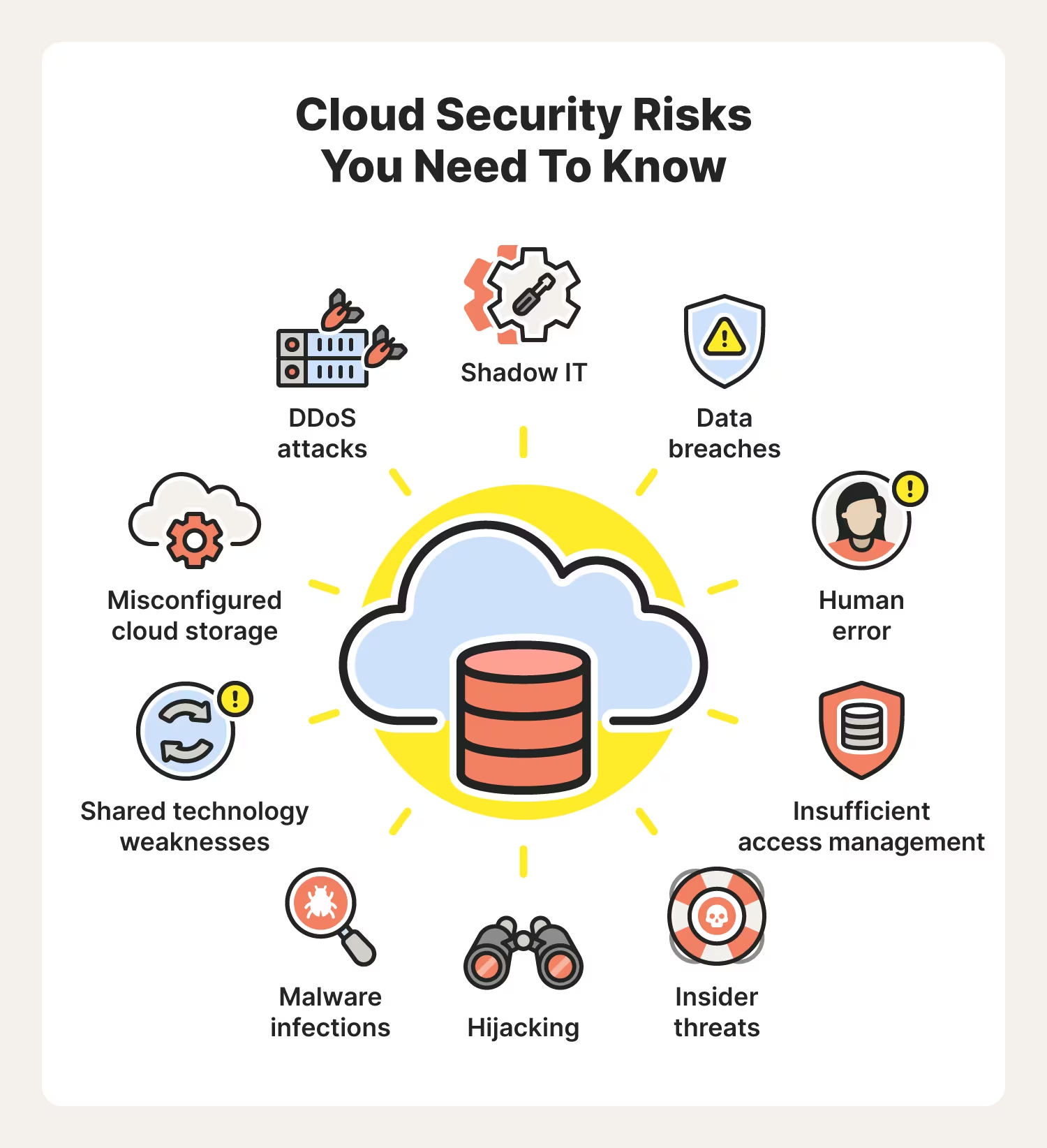Having a managed services provider (MSP) is a crucial tool that many businesses use for protecting their IT security. With cloud security being particularly vulnerable to cyber attacks, it’s important that enterprises have IT professionals who can apply expert knowledge to their security needs. But with cybersecurity skills often in short supply, it can be useful to employ an MSP, so that your own IT security team doesn’t become overwhelmed.
But if you’ve outsourced your IT to an MSP or you’re considering a new one, you should have some questions ready to ask them. The answers will help clarify if your business needs are currently being met and whether you might need to switch providers.
Any cloud-based MSP should offer unlimited, 24/7 remote support. They need to be prepared to tackle a security incident when it occurs.
To make sure that your MSP is a pioneer in the cybersecurity industry, they should include changes to technology as part of their plan in working for you. Moreover, they should be able to implement these changes seamlessly, so that you don’t notice they’ve taken place (besides the improvement in your operations).
A service level agreement (SLA) tells you the remuneration you’ll receive if any outages or non-deliverances occur. You should expect 99.99% uptime as the absolute minimum to expect from your MSP. This means that, in the whole year, there will be only 52 minutes of downtime. Ideally, expect the SLA to guarantee you non-stop service.
If your MSP lacks experience in your vertical or client case studies, then they may not have the specific knowledge required to meet your needs. Make sure the MSP you use can support their claims with proven results.
Before locking yourself into a contract, make sure that subscription-based sales are going to remain fixed. If they do change, find out what the percentage and cost ratios are going to be. You don’t want to end up paying a low price for the first month and then get surprised with a doubling or tripling of fees the following month.
Ensure that you understand the precise terms of the contract. You don’t want to encounter any limitations in the future that will end up costing you even more money to account for. In addition, find out what is involved in canceling your contract. Even if you use an MSP that meets your IT security needs, you should have an escape plan in case of any unforeseen circumstances.
Find out what to expect when you move forward with the MSP from a project management standpoint. You’ll want to know about any potential hiccups that may occur during the transition – such as when making changes to cloud security – and how your MSP is prepared to handle those hiccups. You want to avoid any unexpected stress and surprises during the implementation process.
Another important detail to find out is if the MSP provides cloud security through their services or if they use a third party to provide cloud services. If they use a third party, this isn’t ideal for your cloud security needs, as this third party vendor may not have the same security standards as the MSP. Instead, seek out MSPs that offer their own cloud infrastructure.
One important layer of a cybersecurity plan is having a networking monitoring system in place. This can detect any potential issues before they develop into major security incidents. Ask if the MSP you have in mind offers a network monitoring system. If they do, this can save your company a significant amount of downtime.
The loss of data can occur in many ways: through employee error, hardware failure, cyber attacks, or even a natural disaster. But by partnering with a quality MSP, you can gain access to a data backup and recovery plan that will ensure the smooth operations of your business should any of these unwelcome scenarios occur. Ask how the MSP will implement a data backup and recovery plan, whether it is through an offsite location or the use of independent local disks.
Trying to discern the optimal MSP can be difficult, as each one will entail a number of advantages and disadvantages. However, by keeping the above points in mind when deciding whether to stick with your current IT security provider or make a switch, you can make a decision that will benefit your cybersecurity strategy, both overall and in the long-term.


